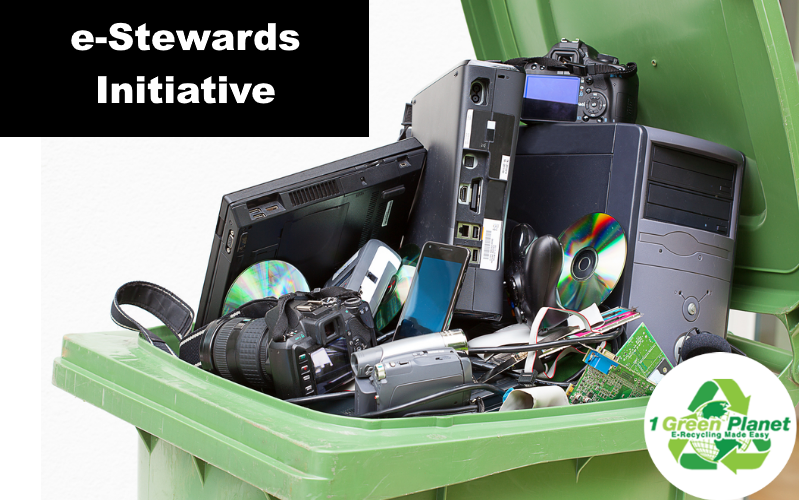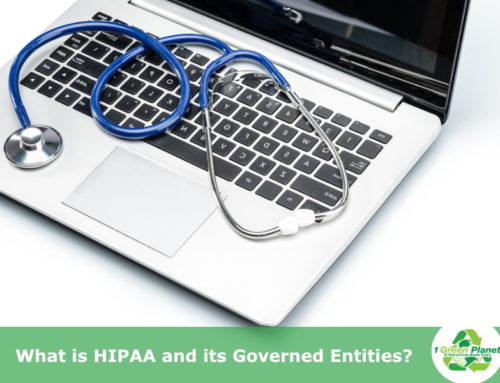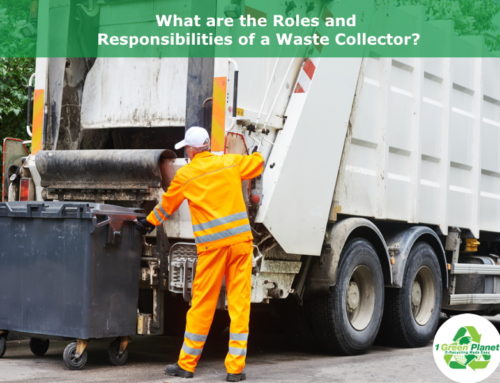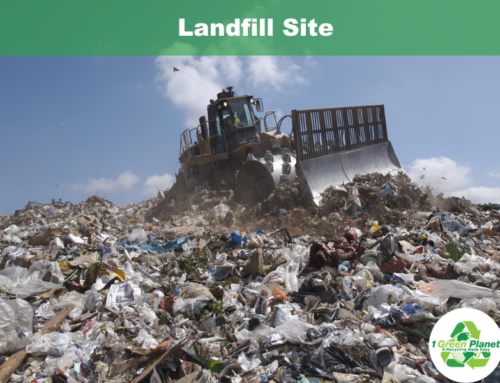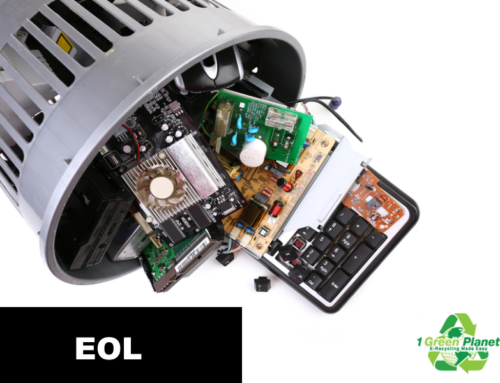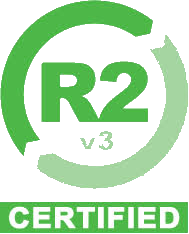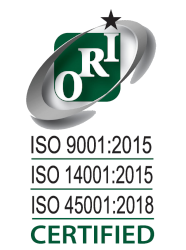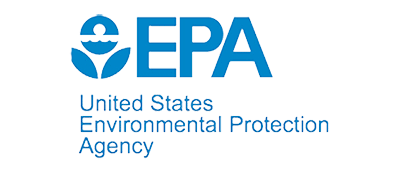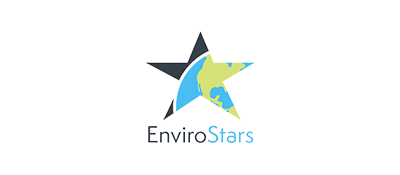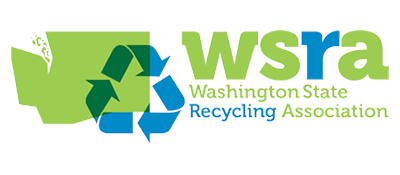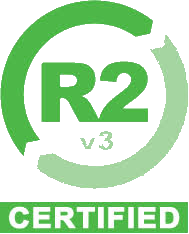Published on July 18, 2022, Updated on July 27, 2022
The e-Stewards Initiative is a recycling standard for electronic waste developed by Basel Action Network or BAN. The e-Stewards certification program is managed by this initiative, which was developed to provide financial compensation to promote the certification of the full recycling process that deals with hazardous waste, particularly electronics. The e-Stewards Initiative prevents the illegal export of hazardous e-waste to developing countries and creates an ecologically responsible society.
What is the History of the e-Stewards Initiative?
In order to stop the flow of hazardous waste and contaminants into developing nations, BAN established the e-Stewards Pledge in 2003. The program was taken up by more than 40 certified electronic recyclers across 100 locations in the United States and Canada. In 2006, BAN lobbied for the e-Stewards Pledge to become a self-audited certification. BAN and the U.S. EPA’s “Responsible Recycling” (R2) worked together to come up with a voluntary e-waste recycling standard. After 2.5 years, the collaboration came to an end when the environmental community declined to support testing the standard draft since it would violate import rules and let dangerous compounds in solid waste disposal facilities.
The e-Stewards Standard was then created and sponsored by BAN, e-Stewards founders, and thirteen recyclers resulting in the cleanest and most responsible standard for recycling e-waste in the world that forbids the export of hazardous e-waste to developing nations.
What is the Use of the e-Stewards Initiative Standard?
The e-Stewards Initiative’s sector-specific environmental management system is called the e-Stewards Standard for Responsible Recycling and Reuse of Electronic Equipment. The standard was made available for public review on March 6, 2012, and an updated version was made available in the spring of that same year.
All electronics recyclers and refurbishers seeking to be certified under the standard must go through audits during Stage I and Stage II. Organizations that have completed these steps and received BAN approval are subject to annual surveillance audits to make sure they are in compliance with the standard, have an ISO 14001 environmental management system registered, and are fulfilling a number of performance requirements:
- Making sure no inmates are employed
- No hazardous electronic waste is exported to developing nations
- No toxic waste is dumped in municipal landfills

